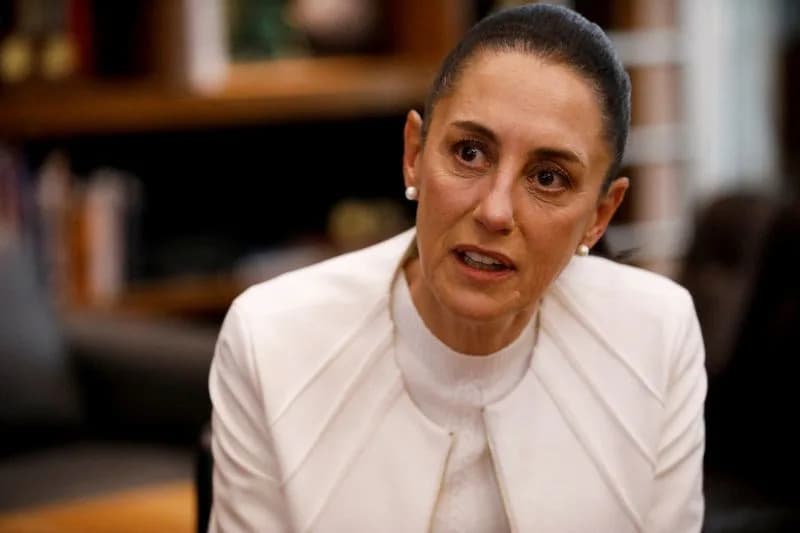Mass Protests Rock Mexico City Over Cartel Violence and Political Leadership
Thousands of demonstrators marched through Mexico City to denounce rising violent crime and to protest the government of President Claudia Sheinbaum. The rallies, organised largely by Gen Z youth collectives, drew citizens angered by a string of high-profile killings — most notably the recent assassination of Uruapan Mayor Carlos Manzo.
Manzo was shot on 1 November while attending a Day of the Dead festival. He had been vocal about confronting drug-trafficking gangs and repeatedly demanded stronger action against armed cartel members who terrorise local communities.
The demonstrations also took place in other cities. In Mexico City, some protesters dismantled sections of a barrier around the National Palace — the historic seat of the presidency — prompting police guarding the compound to deploy tear gas against the crowds. Protesters carried banners with slogans such as "We are all Carlos Manzo" and some wore cowboy hats in his memory.
"We agree with freedom of expression and freedom of demonstration if there are young people who have demands, but the issue here is who is promoting the demonstration," Sheinbaum told reporters days before the march. She has also accused opponents of using online bots to amplify the protest.
President Sheinbaum has taken steps to target organised crime, including efforts to disrupt fentanyl trafficking, and she has retained strong reported approval ratings in her first year in office. Still, critics argue she has not yet managed to stem the overall rise in violence across parts of Mexico.
The protests have had diplomatic reverberations. Earlier this month, Peru's Congress voted to declare Sheinbaum persona non grata after Mexico granted asylum to a former Peruvian official accused in connection with a 2022 coup attempt — a dispute that contributed to heightened tensions between the two governments.
Why this matters
The demonstrations highlight growing public frustration with cartel-related violence and with political responses to it. They also underscore generational engagement — with young activists mobilising around security and justice issues — and the international diplomatic consequences that can follow domestic policy decisions.





























